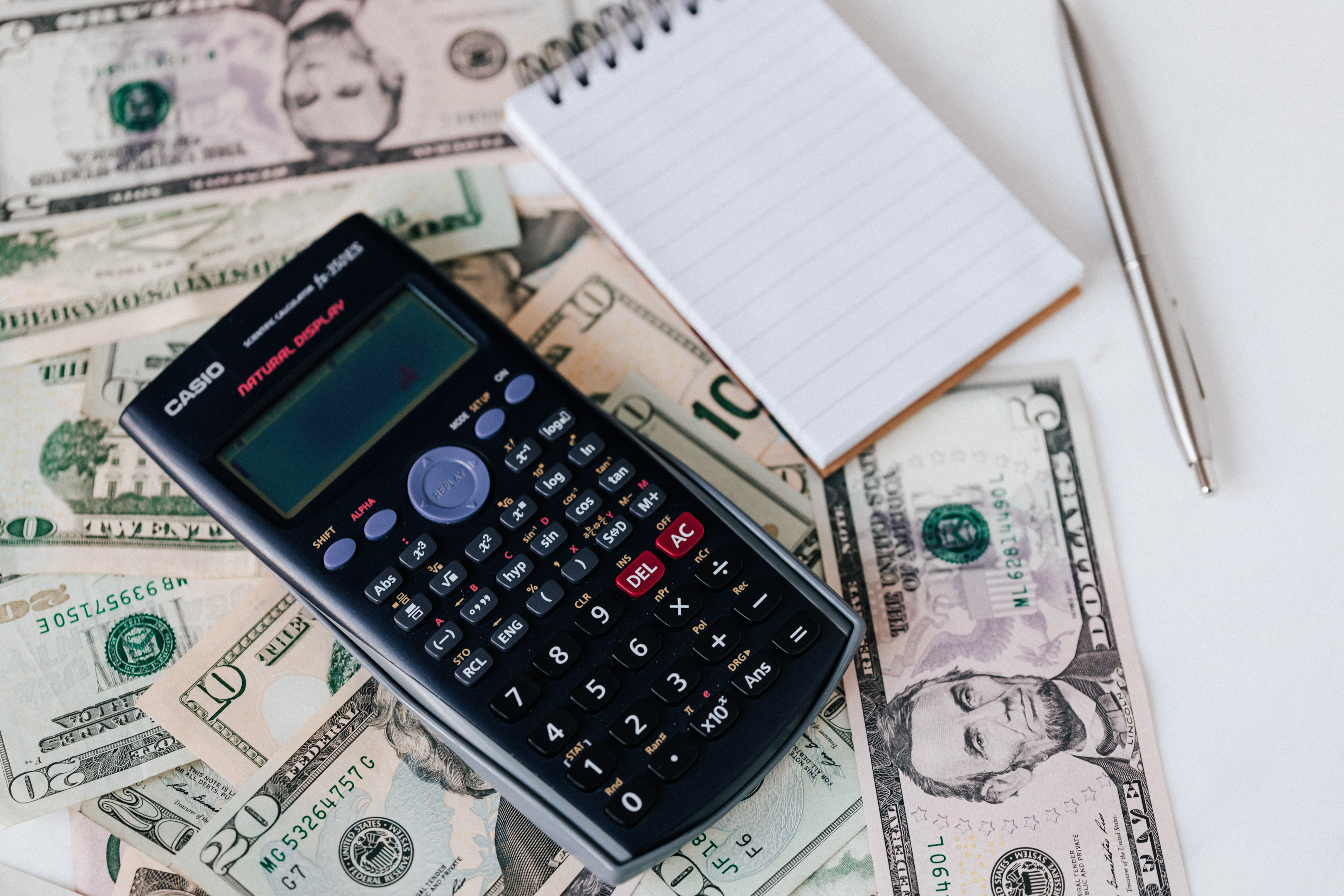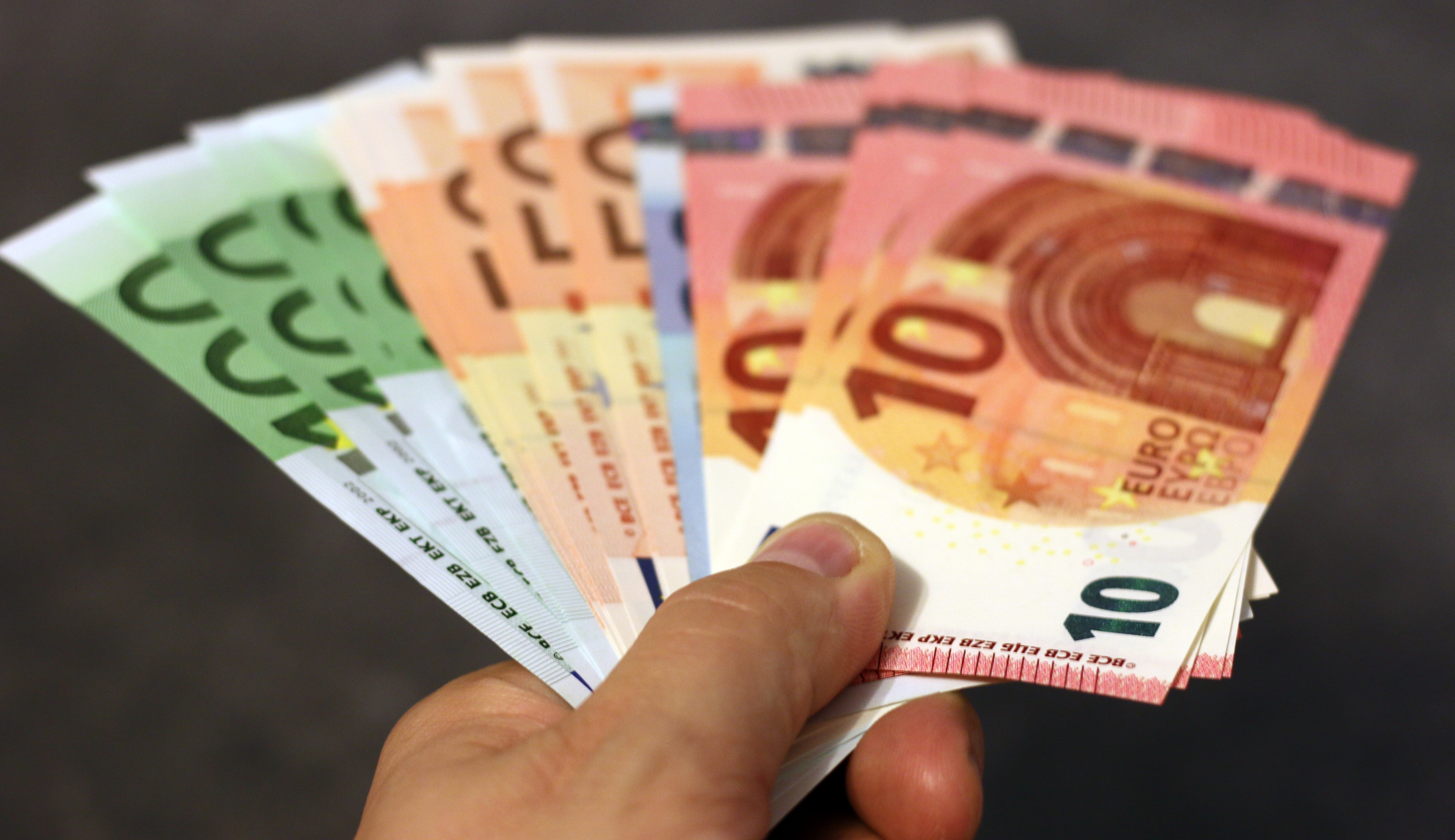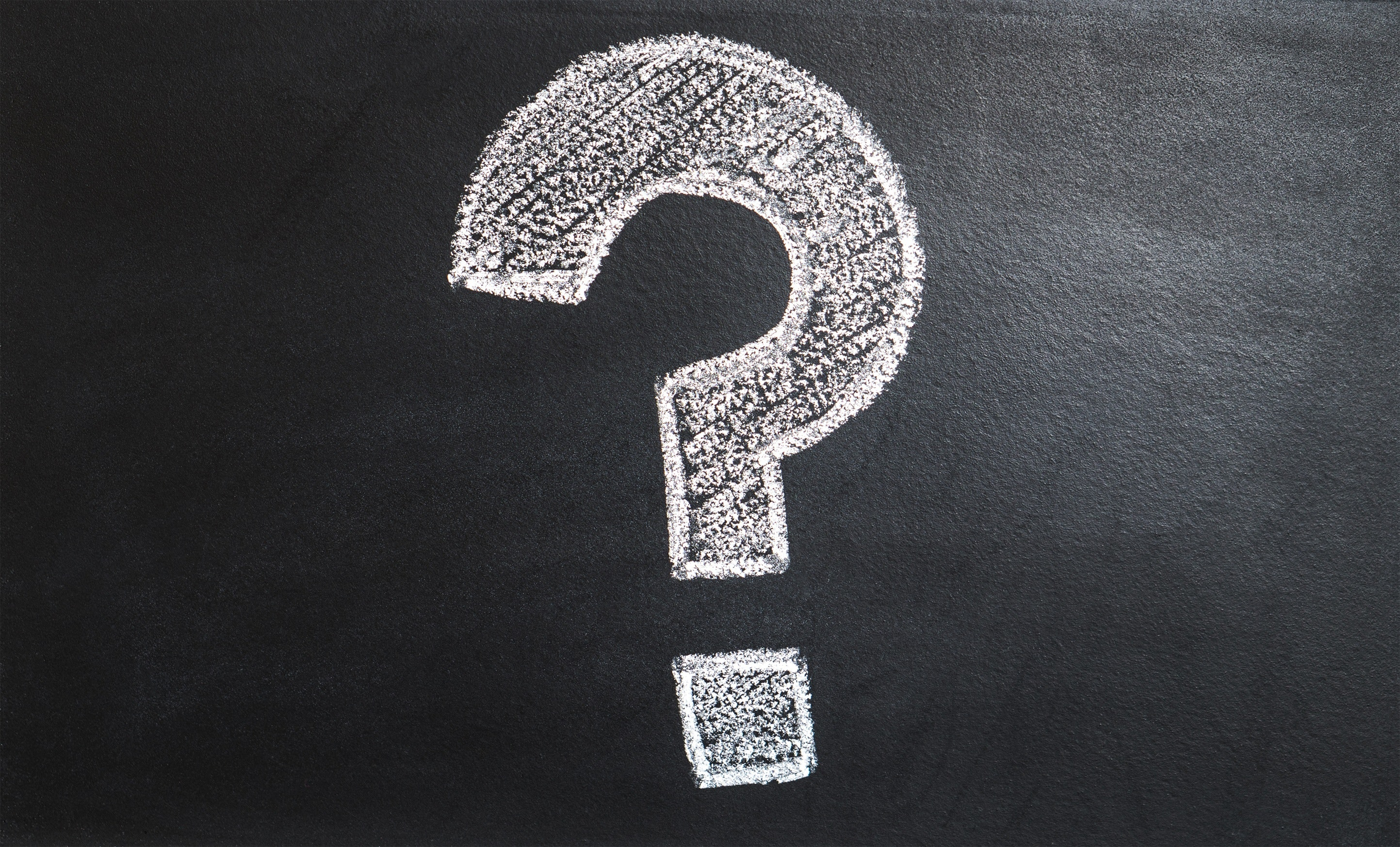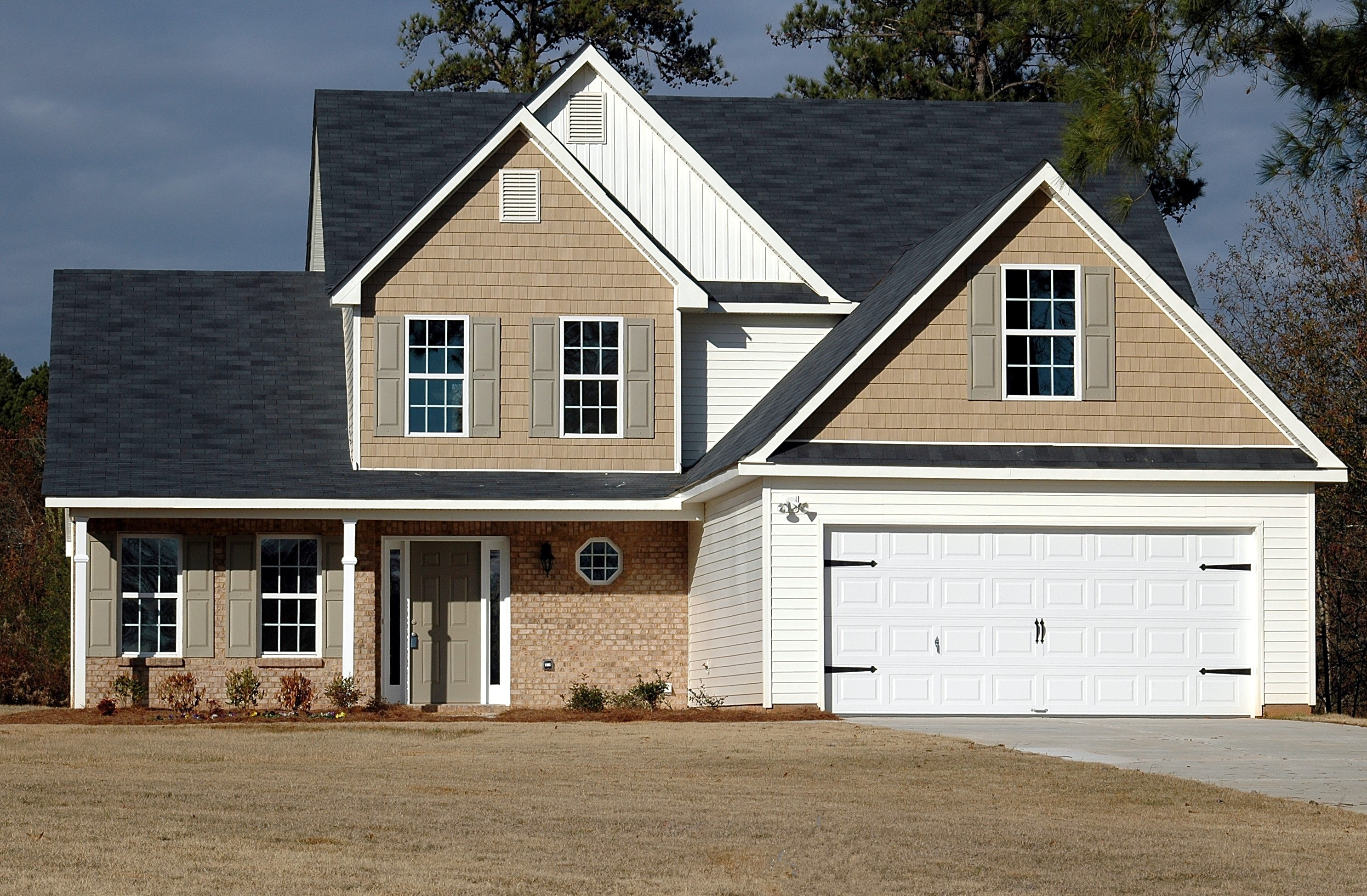Conveyancing refers to the process of ownership transfer in legal terms. You can view it as an administrative process that we all need to go through before buying a house.
Looking for a good conveyancer such as MyConveyancingSpecialist is very important in getting your conveyancing fees justified. They will be able to handle stuff such as negotiating with your mortgage lender

Structure of Conveyancing Fees
So before asking exactly how much will these conveyancing fees cost, we will need to understand the structure of it. These conveyancing fees will be the amount you pay to ensure that a house sale is handled appropriately in a legal context.
The fees can be structured into 2 parts, which are:
Legal Fees: These are the service charges by the conveyancer or conveyancing solicitor
Disbursement Fees: These are charges by other companies for handling work scopes beyond the conveyancer or conveyancing solicitor. Eg. land registry fees, and search fees.

How Much Should I Pay?
The conveyancing fees for buying and selling are a little bit different, however here are the average conveyancing fees for both buying and selling:
Buying: An average price of £1,000 to £1,500
Selling: An Average price of £600 to £800
The fees stated above are including conveyancing fees and disbursement fees, excluding stamp duty land tax. The fees are also only applicable to freehold property.
For leasehold properties, there will be other charges such as a leasehold property supplement fee or an unregistered property supplement fee. Just add around £150 to £400 extra on top of that.
Legal Fees
The legal fees will have minor fluctuations due to a few reasons such as :
- Leasehold property Or Freehold property
- Service Location
- Property purchase price
- Online or Offline
- Are you hiring conveyancers or conveyancing solicitors

Fixed Fee Conveyancing Service
These factors will affect the prices of the conveyancing fees, that’s why there are fixed-fee conveyancing services nowadays. Fixed fee conveyancing services refer to a fixed price on all the services provided without any hidden cost.

When Should I Pay The Fees?
In many cases, conveyancing solicitors will require you to pay conveyancing fees upfront. It depends on different conveyancing firms.
They require an upfront payment as they all cover the cost of the disbursements to conduct searches, checks, and many more.
The remaining balance will be paid by

Why Are Leasehold Properties More Expensive?
Don’t be shocked when you see a higher bill for your leasehold property. Conveyancing fees for leasehold properties tend to be more expensive because there are additional costs to the conveyancing process such as
- Deed of Covenant (binds the agreement between landlord and buyer legally)
- Leasehold Management Company
- Notice Of Assignment or Notice of Transfer
As the prices vary, they can range from £300 to £1000 more.
No Sale No Fee Conveyancing
As the name states, if you don’t get the sale, you don’t pay conveyancing fees. This is one of the marketing tactics used by conveyancing firms.
However, make sure to know the terms and conditions before engaging these conveyancers. Some of them might just waive the legal fees instead of the whole amount. Get a clear explanation and understanding before fully committing to the conveyancing costs
What Are The Cost Of Disbursement?
There are many types of different disbursements, especially if you are buying a leasehold property.
- Money Laundering Regulations Checks – £6 – £20
- Bank transfer fees – £15 -£30
- Transferring Equity – £200 – £300
- Local Authority Search – £250 – £450
- Fraud Checks – £12 est
- Land Registry – Up to £1000
- Stamp Duty Land Tax – £2,000 – £2,500
- Estate Agency Fees – Depends
Conclusion
There are many conveyancers out there that are ready for your service, but please keep in mind to choose the right one for you such as MyConveyancingSpecialist.
